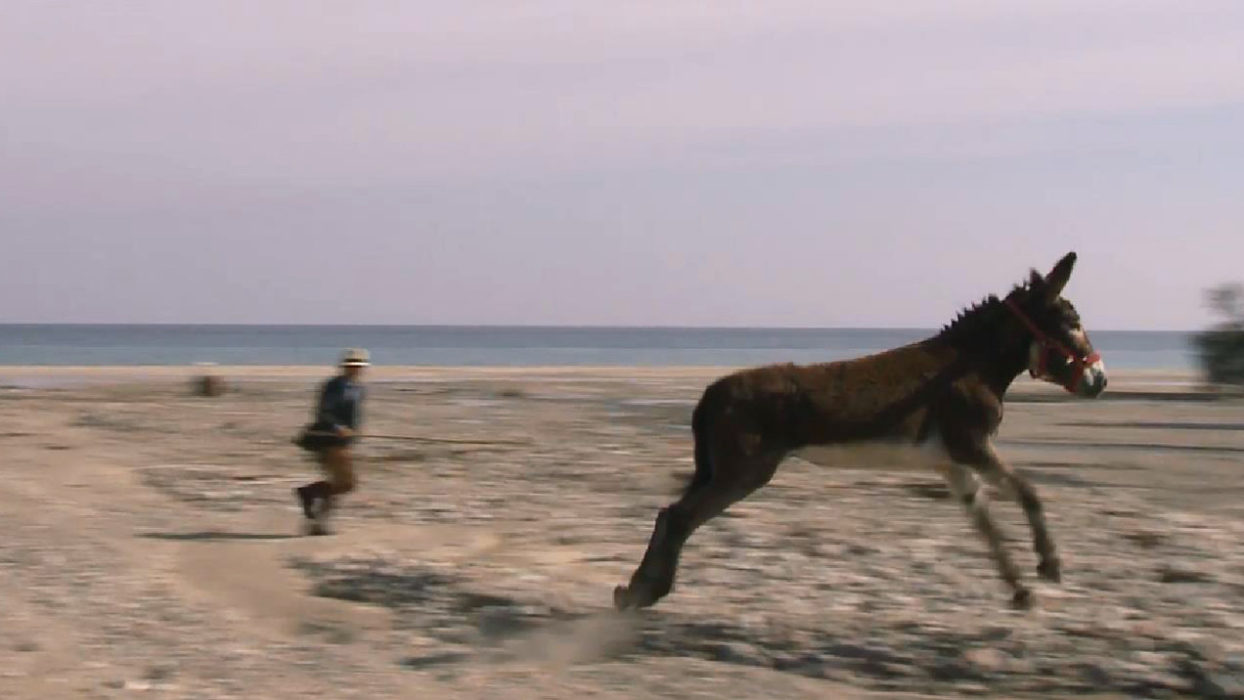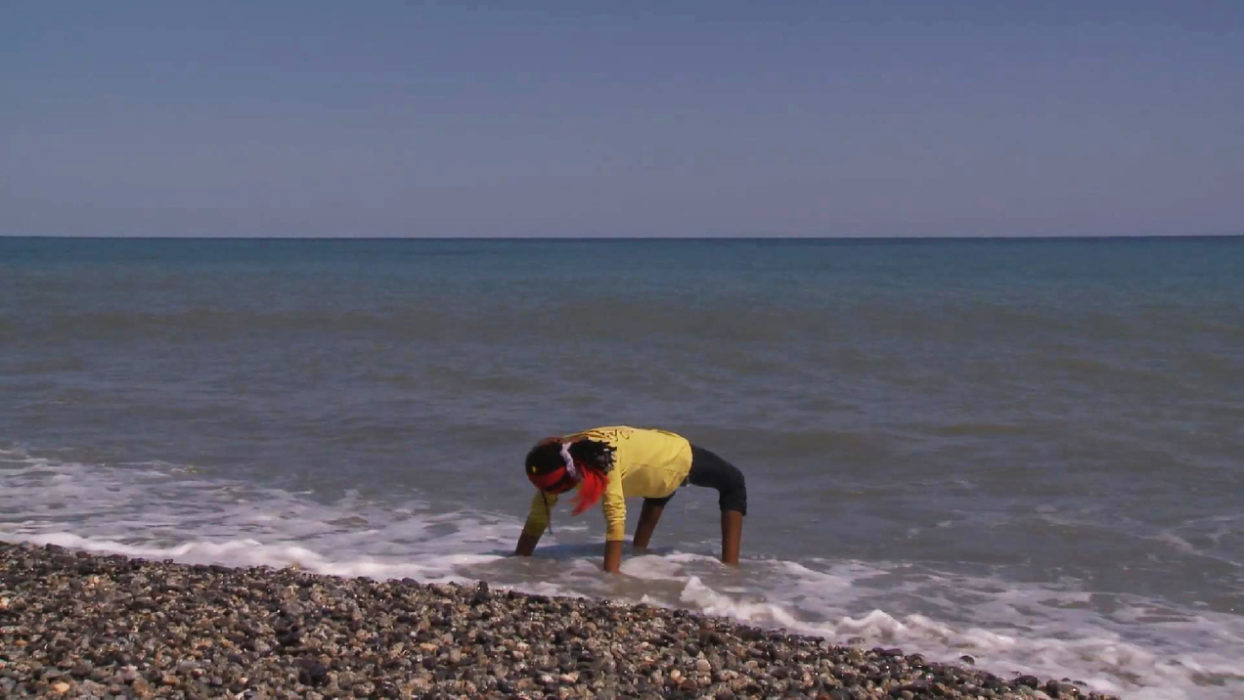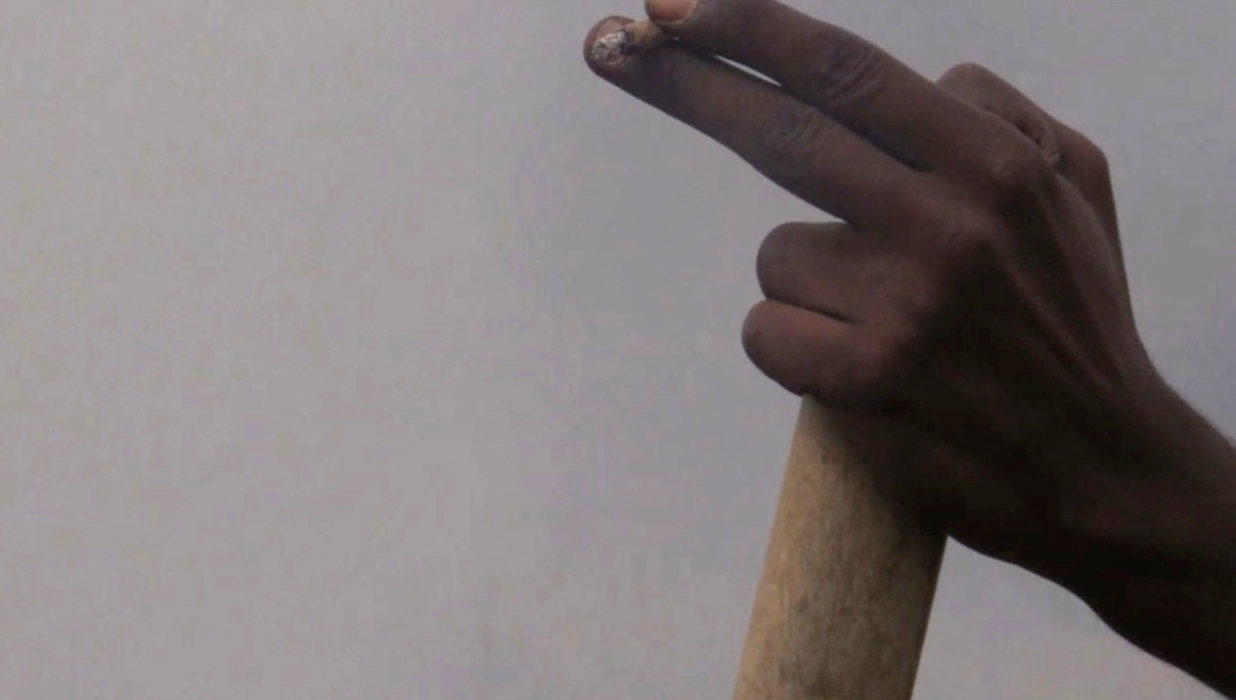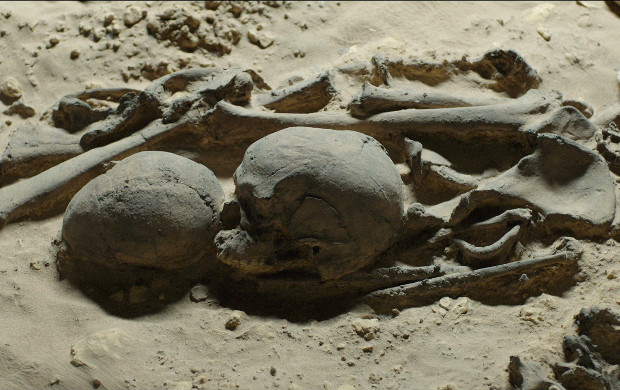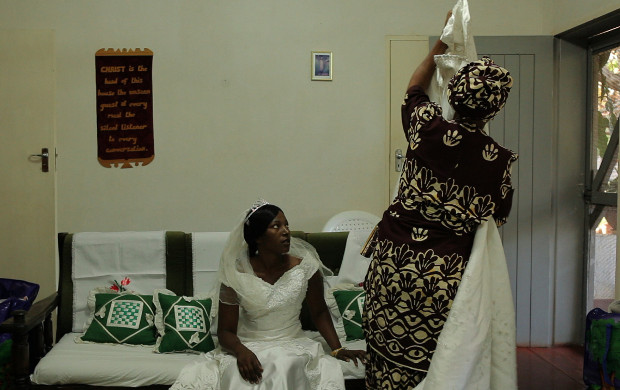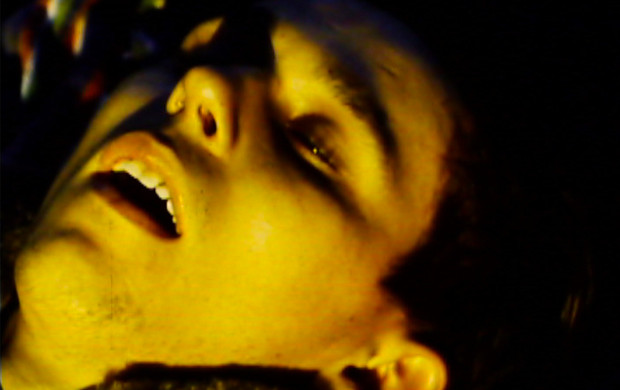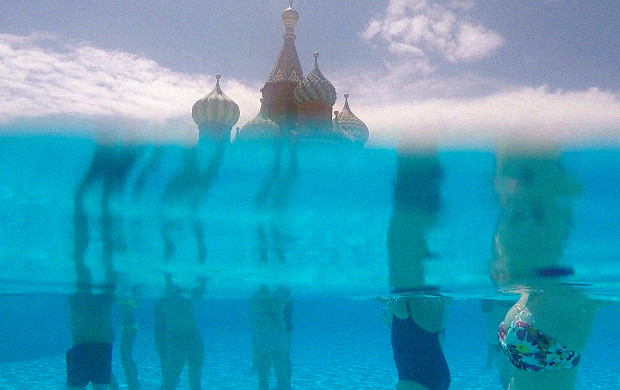Il Caffè si beve bestemmiando
Coffee Has to Be Drunk Swearing Hot
Le Café se boit en jurant
- 2016
- Italy; France
- 26 minutes
- Italian
“At the confines of the European world”: we are in Calabria, in Caulonia, a village so poor that its residents abandoned it, before African migrants settled down there. This resettlement is what interests Luigi Brandi, but in his typically oblique and strolling style. Two black children, Gift and Miracolo, inject a new playfulness into this deserted landscape. It all begins with a riddle asked to other children: do they know what omertà is? It is when “there’s a stronger thought that means you don’t talk”… Through a light-hearted dispositif midway between documentary and fiction, what follows is an attempt to break what remains unsaid about the otherness of the new arrivals. The elders’ card game, the pastoral play performed in the streets and on the beach by a theatre troupe, piled into a Fiat 500… This does not imply avoiding a dramatic situation at the confines of Europe, but drawing on play to find the strength to re-appropriate this devitalised territory. The spirit of writer Gianni Rodari floats in the Coffee’s aroma: “A child’s imagination, stimulated to invent words,” as he wrote in his Grammar of Fantasy in 1973, “will apply its tools to all areas of experience that arouse his creative inventiveness. Stories are useful to mathematics just as mathematics is useful to stories. They serve poetry, music, utopia, political engagement; in sum, the whole person and not simply the dreamer.” (Charlotte Garson)
- Production : Koiné Film; Film Flamme - Collectif de cinéastes; Baldanders Films
- Editing : Gianandrea Caruso; Nicola Bergamaschi; Luigi Brandi
- Sound : Natura Ruiz; Olivier Blin; Silvia Brandi
- Photography : Félix Albert; Roxane Billamboz; Luigi Brandi
- Copy Contact : Baldanders Films
